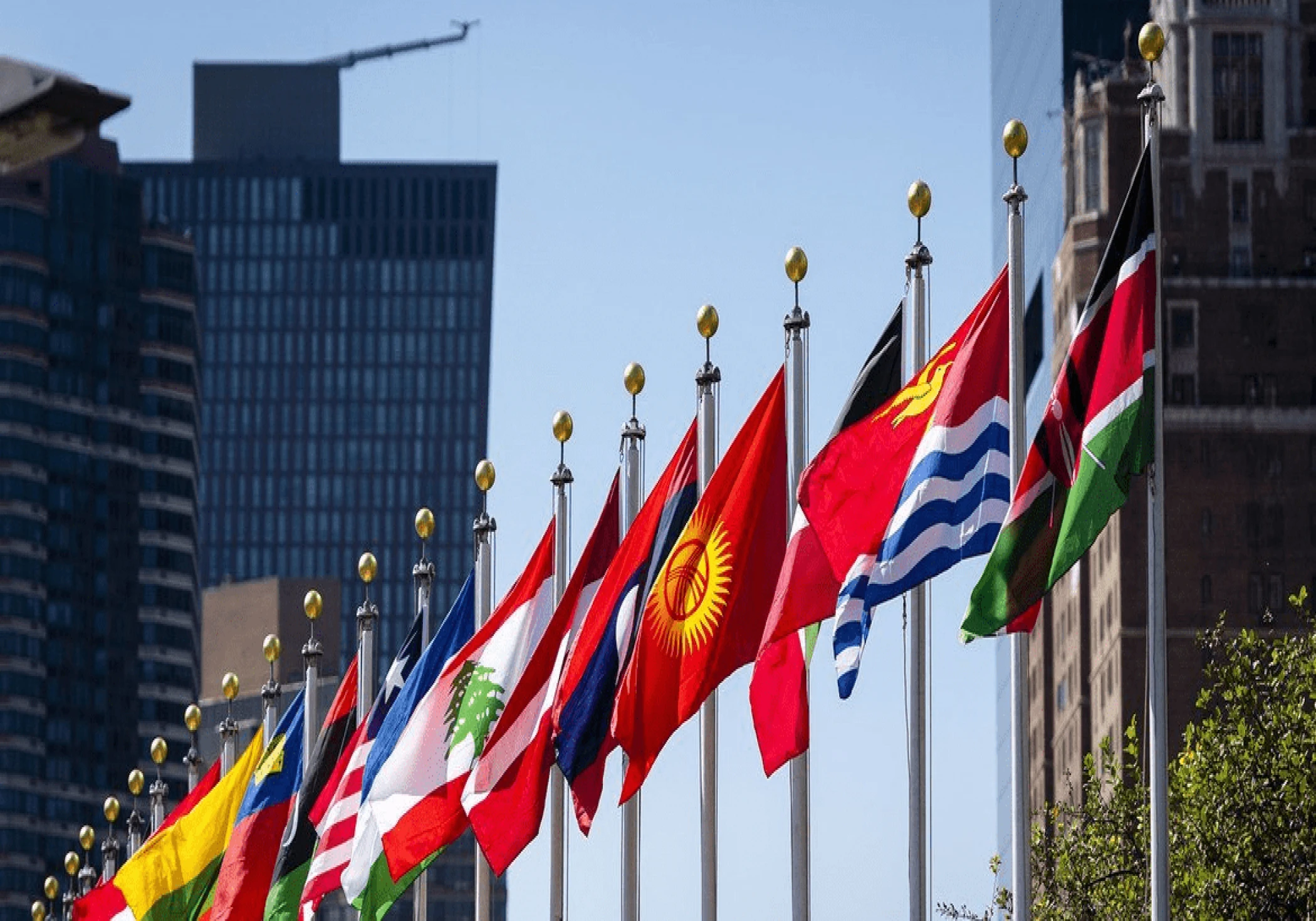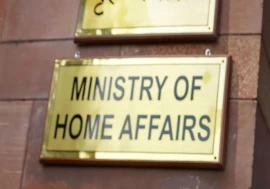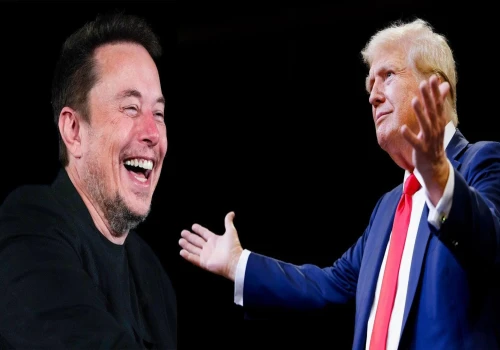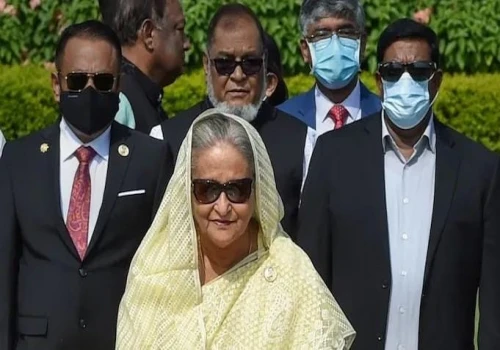
According to António Guterres, "the post-Cold War era is over and we are moving towards a new global order and a multipolar world". He drew attention to terrorism, new wars, serious violations of human rights, distrust in public institutions, geopolitical tensions and the weaponization of developing technologies. He went on to say that growing distrust of multilateralism and the growing prospect of nuclear war are fueling insecurity.
"It outlines a broad and ambitious set of recommendations that recognize the interconnected nature of many of these challenges," Mr Guterres said of the report, titled A New Agenda for Peace. The New Agenda for Peace presents twelve concrete action packages covering five key areas. In order to bridge geopolitical differences and avert global crises, the Secretary General called for investments in regional security structures, prioritising diplomacy and taking decisive measures.
In addition, he outlined a "paradigm of prevention that addresses all forms of violence", emphasising social cohesion, mediation, respect for human rights, empowering women to participate meaningfully in decision-making, and highlighting the links between peace, climate action and sustainability. development.We need to accelerate the implementation of the 2030 Agenda and recognize the interdependence and mutual reinforcement between prevention and sustainable development," said Mr. Guterres."We need to accelerate the implementation of the 2030 Agenda and recognize the interdependence and mutual reinforcement between prevention and sustainable development," said Mr. Guterres. The third category calls for modernising peace efforts to meet the demands of today's wars, many of which have raged for decades and are driven by complex intergovernmental, geopolitical, and internal issues.
"Without explicit, prioritised and realistic Security Council mandates that focus on political solutions, peacekeeping operations cannot succeed if there is no peace to sustain," Guterres said. A fourth important theme is identified as preventing the weaponization of emerging domains and technologies and promoting responsible innovation. It highlights the need for global governance to address concerns raised by new technologies such as autonomous weapon systems and artificial intelligence (AI). To better support the 2030 Agenda for Sustainable Development, the Secretary-General today launched additional policy papers on UN 2.0 and transforming education. These initiatives are to modernise the UN and improve education systems.
In short, each Policy Brief in the series aims to help member states plan for the future summit, which is scheduled for 2024. According to Mr. Guterres, the summit will provide an opportunity to deliver on promises and address the major threats and opportunities facing humanity. "Through the Pact for the Future (summit outcome document), which updates global processes and frameworks to be fit for the challenges of today and tomorrow," he said, it is essential that we restore trust in each other and in multilateral relations. action."





